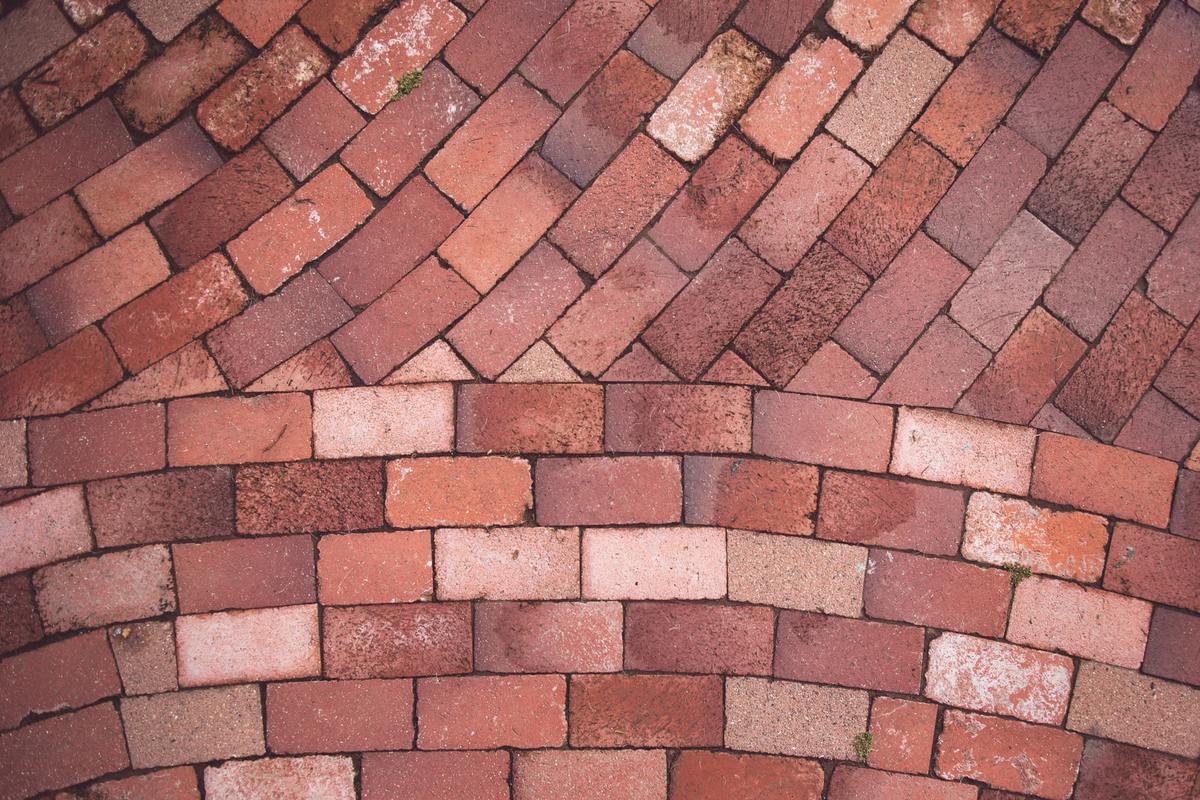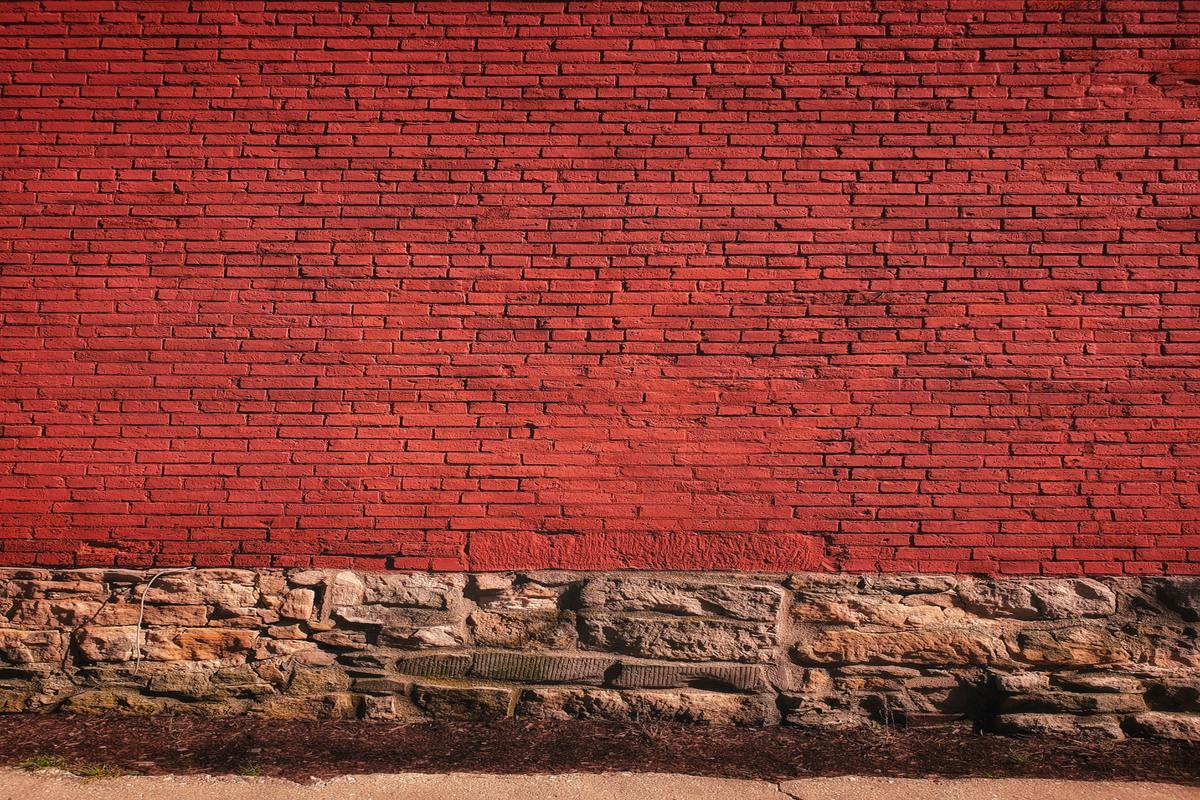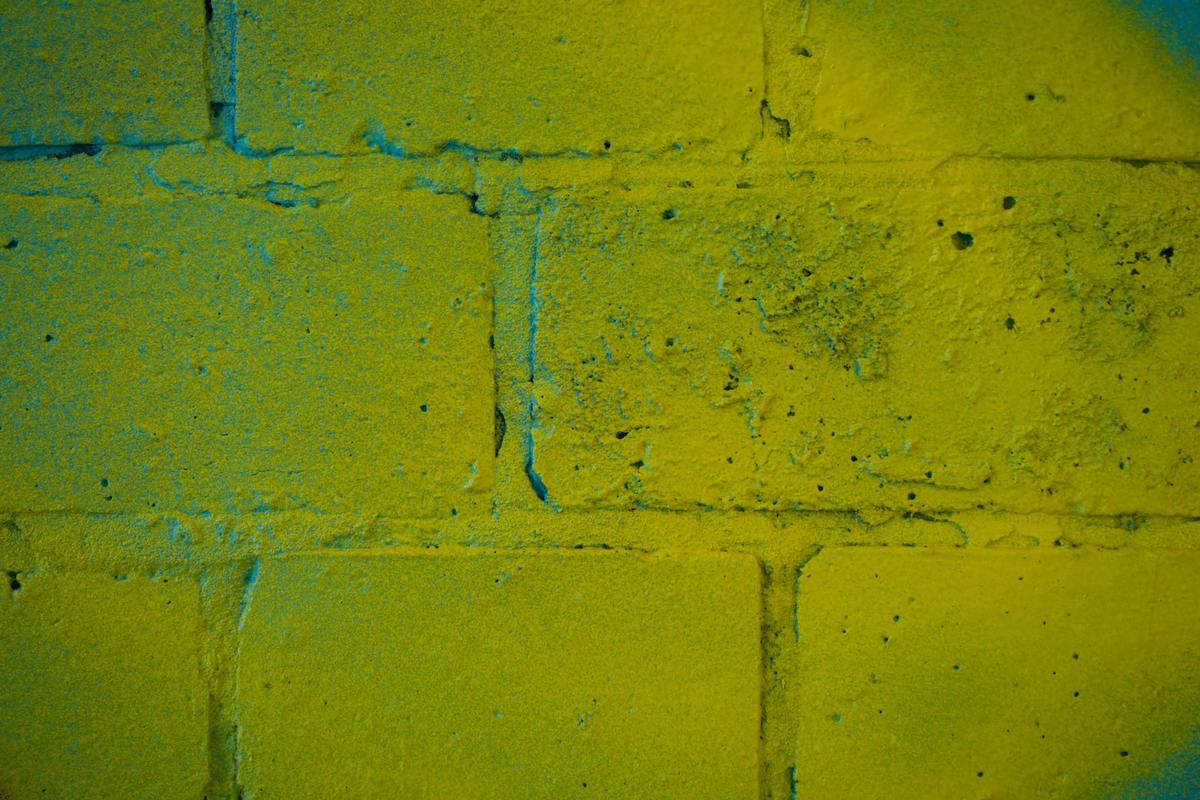Creative Nonfiction
First Place Winner
Creative Nonfiction Prize
Category: Creative Nonfiction Prize
The Cord
The Biological Station
by David Carlin
Runner Up, Creative Nonfiction Prize
Creative Nonfiction
Runner-Up
Creative Nonfiction Prize
Deadman’s Pass by Cathryn Klusmeier
Honorable Mention, Creative Nonfiction Prize
Creative Nonfiction
Honorable Mention
Creative Nonfiction Prize


